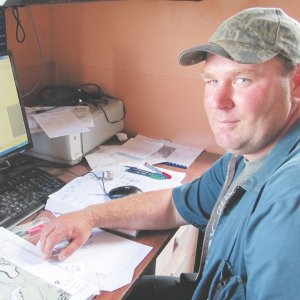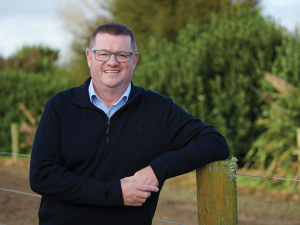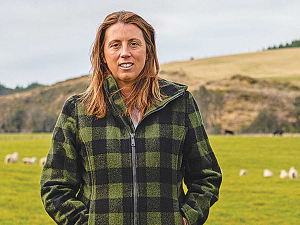IT’S HIGHLY likely the Manawatu/Wanganui Regional Council’s controversial One Plan will end up in the High Court.
The local farming community – sheep and beef, dairying and horticulture – are enraged by some of the decisions announced recently by the Environment Court. They claim some of the new rules will force farmers off their land, increase compliance costs and harm the economy of the region. Rural organisations have met with urgency to determine action.
A farmers’ fighting fund is being set up to appeal the Environment Court decision, and normally moderate farming leaders have been scathing of the court decisions. They also strongly criticize the role of DOC and Fish and Game.
The One Plan has attracted national interest because of its radical nature and the fact the decisions it embodies are likely to be picked up and implemented by other regional councils monitoring the outcome. That’s why the parties to it, such as Federated Farmers, Fonterra, Horticulture New Zealand, as well as DOC and Fish and Game, have taken such interest.
Horizons Regional Council last year retained independent commissioners to determine the final shape of One Plan. Their decisions generally pleased farming groups, but DOC and Fish and Game – chiefly – opposed this outcome, hence the appeal to the Environment Court, which has gone against farmers, opening old wounds and reigniting animosity. Some farmers describe the process as ‘government departments against farmers’.
Hew Dalrymple, a mixed cropping farmer in Manawatu and deputy chairman of Federated Farmers’ grain and seed group, says the court has shown a lack of respect for farmers’ views and taken a decision which is a “farce”. What the original commissioners did with the One Plan was reasonable, but the court seems to suggest farmers need to be ‘greener’, he says.
“New Zealand farmers have used the available science to farm in an environmentally sensitive way. There are exceptions to the rule, but we don’t need to legislate for one percent of the population to the extent we are. [The court] has got it wrong,” he says. He is still working out the exact impact on his own farming operation, but says at first glance it appears the plan, as amended by the court, will make it harder for farmers like him to grow high value crops, further affecting the region’s economy.
Dalrymple says the court based its decisions on appalling information and showed no interest in cross examining his and others farmers’ evidence.
He also strongly criticises DOC, whose people make submissions paid for by the taxpayer, “so we are paying for their time and lawyers to present against us.”
“They get their salaries every week and they have only one thing on their mind: that we need to make the rivers healthier. Maybe we do, but not their way and not in their time-frame. It seems the court listened more to their views than to farmers’. The least listened-to and the most affected were the farmers.”
Dalrymple says like many farming leaders he’s afraid that unless One Plan is appealed it’ll set a precedent for similar regulations around the country. “I have some real fears for the future.”



















